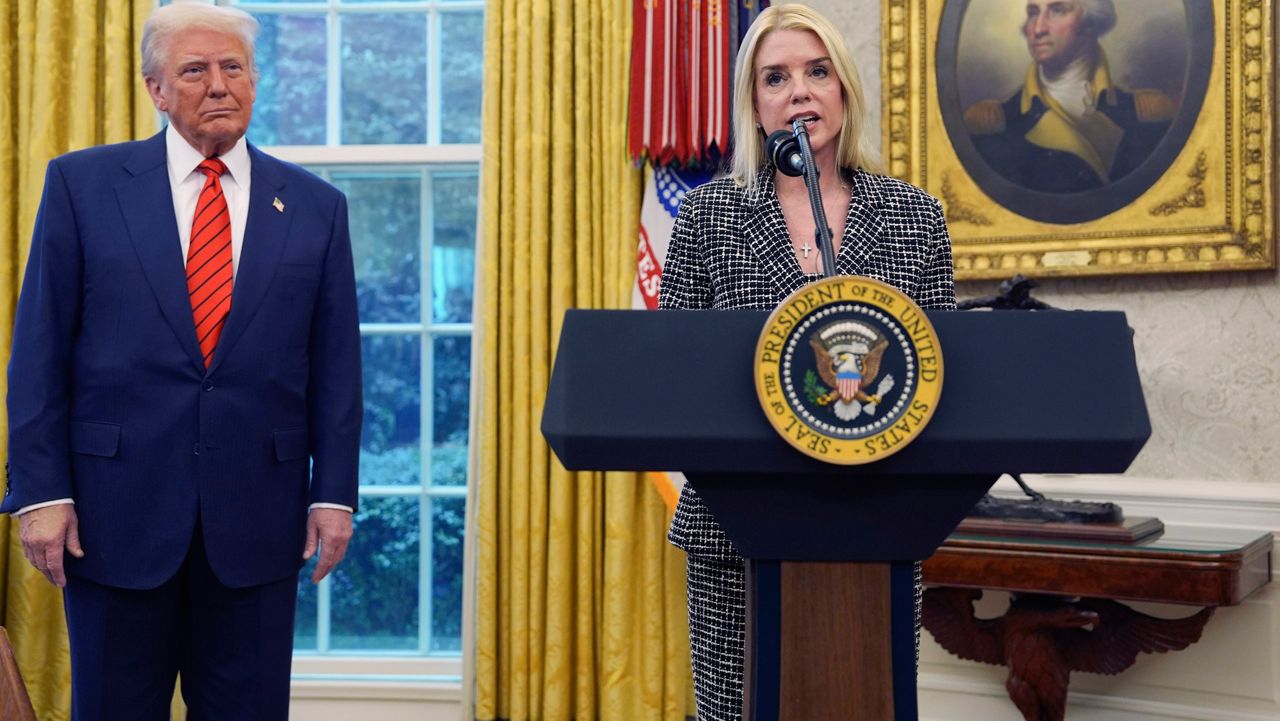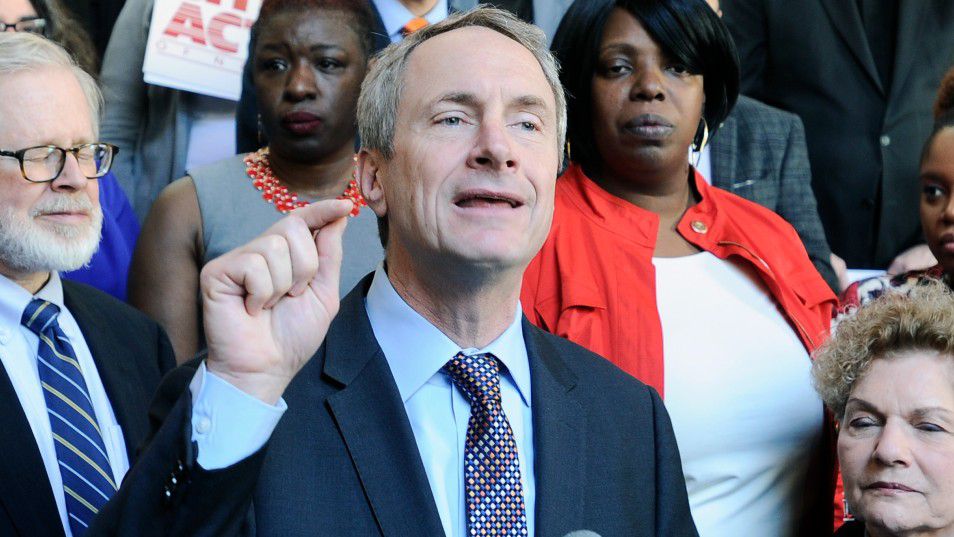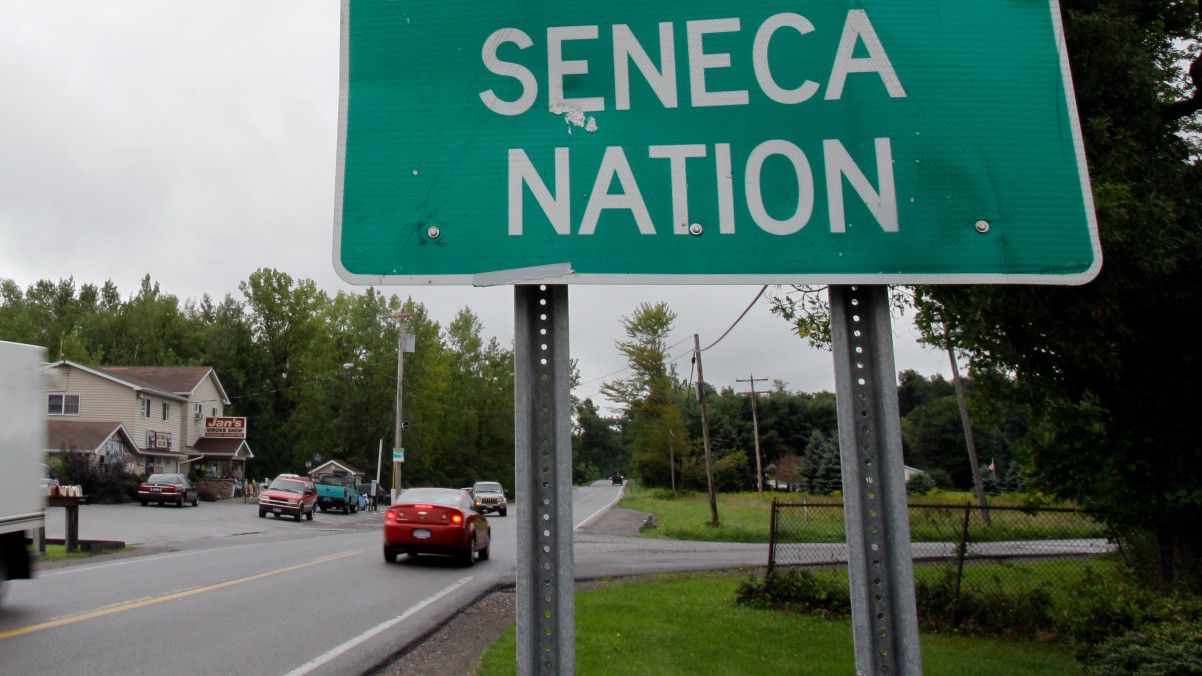TONAWANDA, N.Y. -- Democratic leadership in the New York state Assembly is proposing a 4% state and 4% local sales tax on digital streaming products, excluding newspapers and periodicals.
However, Assemblyman Bill Conrad, D-Tonawanda, said the plan does not have support from the entire conference, including himself.
"I tend to go after or say no to any type of tax on the middle class," he said.
Conrad said as budget negotiations continue, he does not expect the tax to gain traction. He pointed out it is not part of the budget plans drafted by the governor or state Senate, was not something many members of the Assembly had extensive conversations about, and has been very unpopular among his constituents.
"I heard a lot from my constituents on the issue," Conrad said. "A lot of people called. They were upset how absurd this is and this is a democracy. I represent my constituents and overwhelmingly they seem very negative on the issue."
SUNY Economist Fred Floss said the plan would largely amount to a tax on the lower and middle classes who have transitioned from traditional media services like cable and satellite to streaming in order to save money. He said post-pandemic, people may be watching less television, ultimately minimizing the impact of a new tax too.
"Basically they need to reevaluate given they're going back to work that there's other forms of entertainment now and whether not these services should continue in their households and then the tax is going to make it even more important decision," Floss said.
He said even though the tax might appear minimal, it adds up for people who are living paycheck to paycheck.
"If you have seven or eight services, all of a sudden you're now looking at $10 or $15 a month and for somebody who's making a minimum wage job or just around there, that's going to be a lot of money," Floss said.
The revenue generated is proposed to go to transit projects around the state. Conrad said the expectation is a vast majority will go to the largest system, the New York City Metropolitan Transportation Authority, which also makes it tough to sell in Western New York.
"Those are those upstate-downstate type of discussions," Conrad said. "Like I said, there was a whole host of things thrown in the Assembly one-house (budget) as really just a bargaining position."









